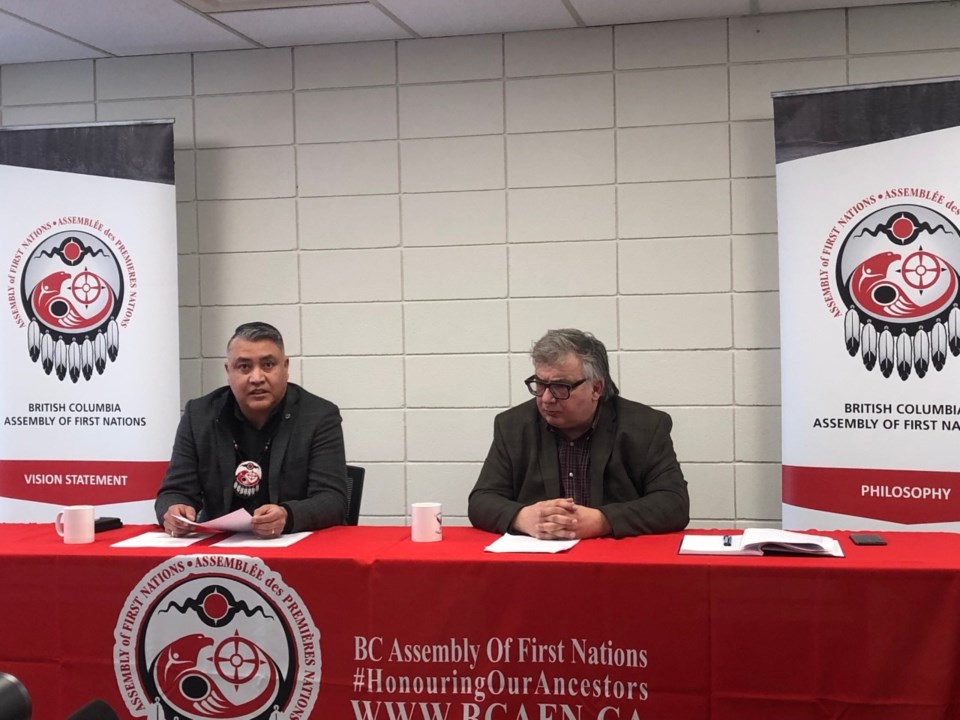B.C. Assembly of First Nations Chief Terry Teegee says the City of Prince George’s Safe Streets Bylaw is “counterproductive, cruel, and inherently racist.”
For the sake of argument, let's say Chief Teegee is correct in his assessment of the bylaw. But does that then mean the bylaw is endangering the lives of the local homeless and vulnerable street population, which are the conclusions reached in the two reports looking into the situation?
“To put it simply, this research has confirmed our assertions that the Safe Streets Bylaw would be harmful and discriminatory toward unhoused and housing insecure individuals, most of whom are First Nations,” Teegee said about the BCAFN report and the research conducted by University of Toronto sociology professor Joe Hermer.
Again, for the sake of argument, let's completely agree.
But how harmful is the bylaw?
More or less harmful than a toxic drug supply?
More or less harmful than addictions?
More or less harmful than intergenerational trauma brought on by residential schools and other colonial policies?
More or less harmful than a shortage of local housing options for vulnerable people?
More or less harmful than provincial programs for the poor?
More or less harmful than federal programs for First Nations?
Seen against those much greater contributors, the Safe Streets Bylaw is a tiny factor in this ongoing social issue.
Hermer’s report noted that bylaw officers referred to individuals as “squatters” in 36 per cent of the summaries of public complaints. While the choice of language is inappropriate and demonstrates bias, calling these people “squatters” -- to their face or in writing -- is probably one of the least significant slights they experience on a daily basis. Bad weather, no money, the ongoing threats of physical and sexual violence and where the next meal, the next bed and the next hit are coming from are far bigger worries than being called a squatter.
Here's the easiest way to measure the effect the Safe Streets Bylaw is having. Chief Teegee is calling on Prince George city council to get rid of the bylaw. Since the city isn't even enforcing the bylaw, they should. But if they did, would anything change? Would life get any better for the city’s homeless and street population in a measurable and meaningful way?
“It takes all levels of government to deal with the issue of homelessness and it’s not just the City of Prince George,” Teegee also said.
No argument from anyone there, with or without the Safe Streets Bylaw.


